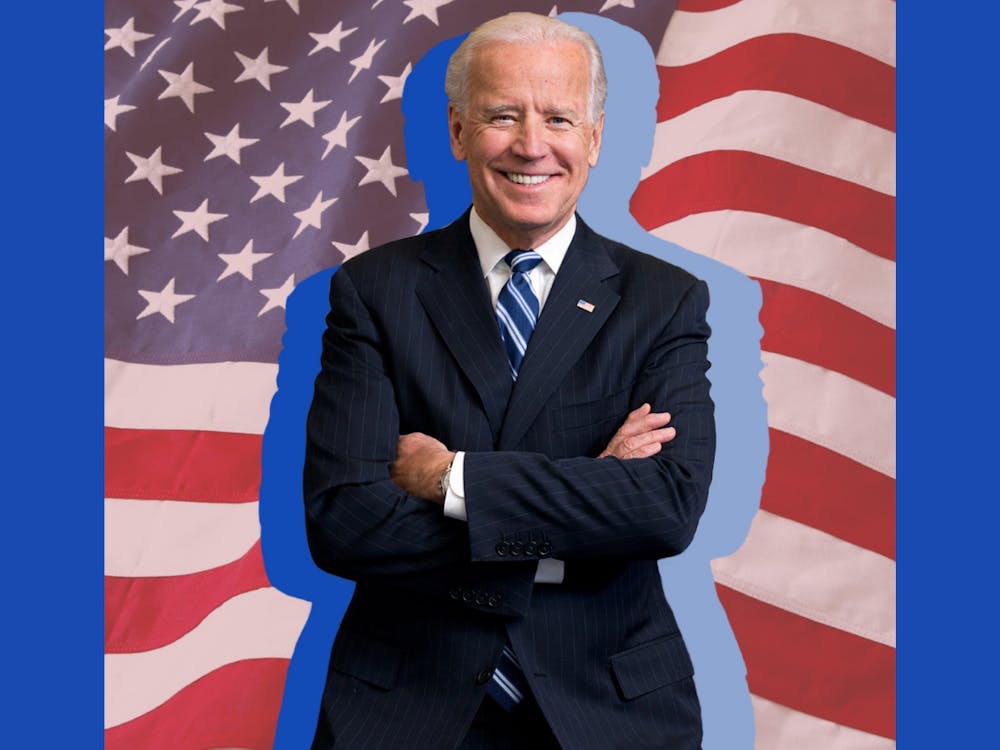President-elect Joe Biden is set to take office in January, and he has pledged to promote progressive policies while walking back many of President Donald Trump's domestic and foreign policy actions.
Biden’s platform centers on issues like tax reform, investment in the environment and the expansion of the Affordable Care Act. However, he has said that his primary objective in the first 100 days of his presidency will be combating the spread and effects of COVID-19.
As Biden finalizes plans for the early days of his presidency, he will need to account for a potentially divided Congress. Although Democrats took the majority in the House of Representatives this election cycle, two U.S. Senate races in Georgia will determine which party controls the Senate.
COVID-19
Just days after winning the presidential race, Biden assembled a COVID-19 task force that will advise him on how to best handle the pandemic. The task force will include David Kessler, a former Food and Drug Administration commissioner; former Surgeon General Vivek Murthy; and Marcella Nunez-Smith, an associate professor of medicine and epidemiology at the Yale School of Medicine.
Biden also plans to work on a new coronavirus package with national legislators and state officials. Biden has called to expand testing resources and increase protective equipment with federal money.
Biden has pledged to rejoin the World Health Organization and work closely with Anthony Fauci, director of the National Institute of Allergies and Infectious Diseases. After expressing skepticism over Trump's promises to allocate vaccines, Biden has said that he will release a vaccine distribution plan.
Economic Reform
Biden has been outspoken against Trump's corporate tax cut. He has pledged to raise corporate income taxes to 28%, compared to the current 21% rate. He has also promised not to raise tax on Americans making less than $400,000 a year. Additionally, Biden plans to create 5 million jobs through massive investments in different business areas.
Immigration
Biden has said that during his administration's first 100 days, he will advocate for reforming the asylum system and protecting undocumented immigrants. He plans to reverse Trump's immigration policy, support recipients of the Deferred Action for Childhood Arrivals program and their families, help legal immigrants access government social programs and bring humanitarian resources to the Mexican border.
He is also planning to defund the construction of a wall between the U.S. and Mexico. He will not take down parts of the wall that have already been built. Biden has also called for increased government supervision over U.S. Immigration and Customs Enforcement and Customs and Border Protection.
Criminal Justice
In response to the police killings of George Floyd and other African Americans across the nation, Biden plans to institute a national police oversight board during his first 100 days.
He also plans to advocate for policing improvement, including funding $300 million for community policing and expanding the power of the Justice Department to investigate police misconduct. He wants to pass the SAFE Justice Act to reduce mandatory minimum sentencing for nonviolent crimes and introduce policies that help prevent crime.
The environment
Throughout his campaign, Biden has gradually reshaped his environmental policies, which now focus on combating climate change. As well as from pushing to rejoin the Paris Agreement on climate change, these policies include his clean energy plan, which steers the country toward net-zero carbon emissions by 2050.
Biden also plans to invest $1.7 trillion into the sustainable-energy industry. On the global front, he has pledged to discuss the environment with foreign leaders and set an example in reducing emissions.
Healthcare
The Biden administration's healthcare proposal includes a public option plan building on the Affordable Care Act. At a Nov. 10 hearing, a majority of Supreme Court justices indicated that they would rule against Republican efforts to strike down the ACA, which bodes well for Biden’s plans.
Get The Chronicle straight to your inbox
Sign up for our weekly newsletter. Cancel at any time.
Education
Recently, Biden expressed his support for the College for All Act, proposed by Sen. Bernie Sanders (D-VT) and Rep. Pramila Jayapal (D-WA). If passed, this act would eliminate tuition at public universities and colleges for families that made $125,000 or less per year. Biden also advocates for a tuition-free policy at historically Black colleges and universities.
Tri Truong is a Trinity junior and an associate news editor of The Chronicle's 117th volume.

